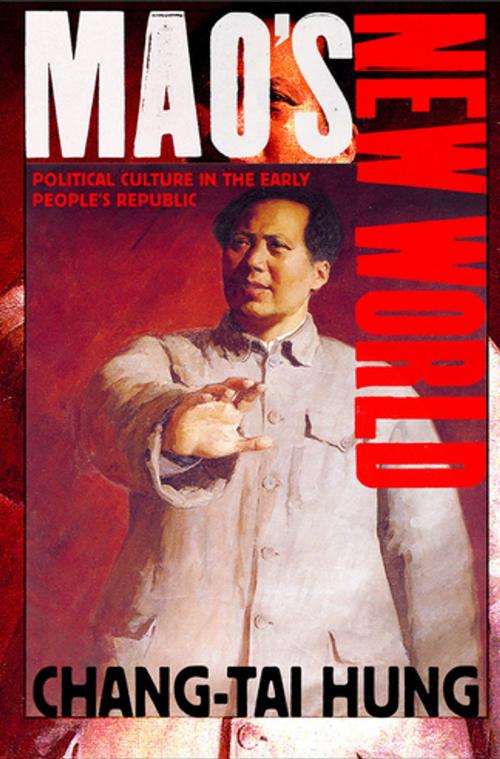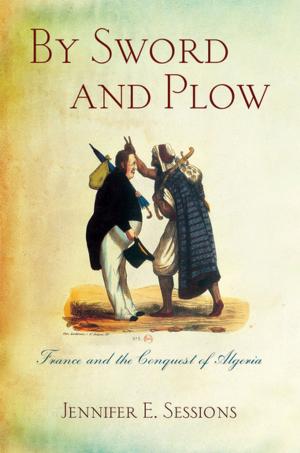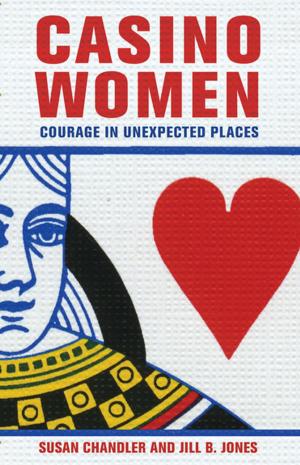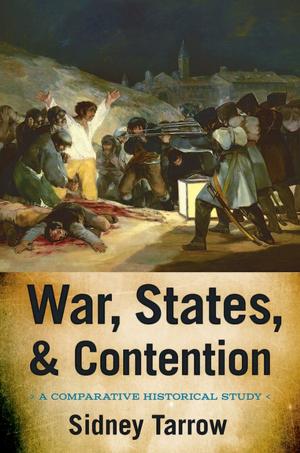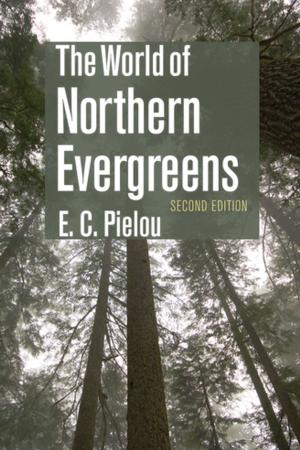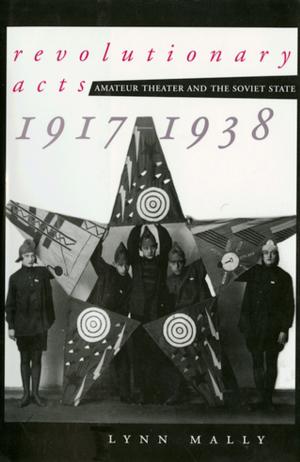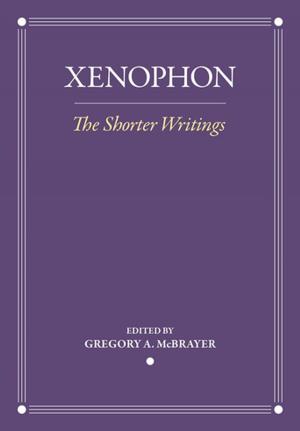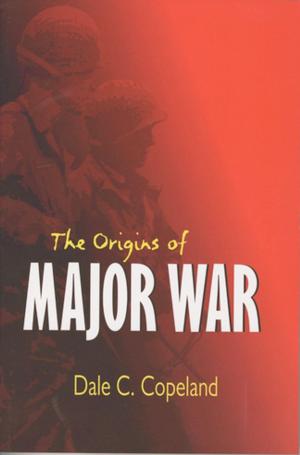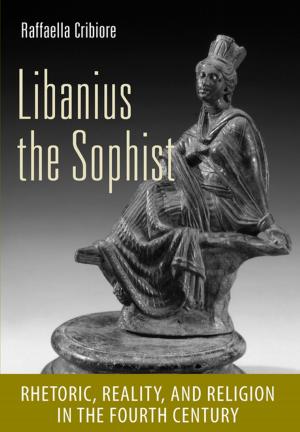Mao's New World
Political Culture in the Early People's Republic
Nonfiction, History, Asian, China, Social & Cultural Studies, Political Science, Politics, History & Theory| Author: | Chang-tai Hung | ISBN: | 9781501716614 |
| Publisher: | Cornell University Press | Publication: | February 28, 2017 |
| Imprint: | Cornell University Press | Language: | English |
| Author: | Chang-tai Hung |
| ISBN: | 9781501716614 |
| Publisher: | Cornell University Press |
| Publication: | February 28, 2017 |
| Imprint: | Cornell University Press |
| Language: | English |
In this sweeping portrait of the political culture of the early People's Republic of China (PRC), Chang-tai Hung mines newly available sources to vividly reconstruct how the Chinese Communist Party (CCP) tightened its rule after taking power in 1949. With political-cultural projects such as reconstructing Tiananmen Square to celebrate the Communist Revolution; staging national parades; rewriting official histories; mounting a visual propaganda campaign, including oil paintings, cartoons, and New Year prints; and establishing a national cemetery for heroes of the Revolution, the CCP built up nationalistic fervor in the people and affirmed its legitimacy. These projects came under strong Soviet influence, but the nationalistic Chinese Communists sought an independent road of nation building; for example, they decided that the reconstructed Tiananmen Square should surpass Red Square in size and significance, against the advice of Soviet experts sent from Moscow.
Combining historical, cultural, and anthropological inquiries, Mao's New World examines how Mao Zedong and senior Party leaders transformed the PRC into a propaganda state in the first decade of their rule (1949–1959). Using archival sources only recently made available, previously untapped government documents, visual materials, memoirs, and interviews with surviving participants in the Party's plans, Hung argues that the exploitation of new cultural forms for political ends was one of the most significant achievements of the Chinese Communist Revolution. The book features sixty-six images of architecture, monuments, and artwork to document how the CCP invented the heroic tales of the Communist Revolution.
In this sweeping portrait of the political culture of the early People's Republic of China (PRC), Chang-tai Hung mines newly available sources to vividly reconstruct how the Chinese Communist Party (CCP) tightened its rule after taking power in 1949. With political-cultural projects such as reconstructing Tiananmen Square to celebrate the Communist Revolution; staging national parades; rewriting official histories; mounting a visual propaganda campaign, including oil paintings, cartoons, and New Year prints; and establishing a national cemetery for heroes of the Revolution, the CCP built up nationalistic fervor in the people and affirmed its legitimacy. These projects came under strong Soviet influence, but the nationalistic Chinese Communists sought an independent road of nation building; for example, they decided that the reconstructed Tiananmen Square should surpass Red Square in size and significance, against the advice of Soviet experts sent from Moscow.
Combining historical, cultural, and anthropological inquiries, Mao's New World examines how Mao Zedong and senior Party leaders transformed the PRC into a propaganda state in the first decade of their rule (1949–1959). Using archival sources only recently made available, previously untapped government documents, visual materials, memoirs, and interviews with surviving participants in the Party's plans, Hung argues that the exploitation of new cultural forms for political ends was one of the most significant achievements of the Chinese Communist Revolution. The book features sixty-six images of architecture, monuments, and artwork to document how the CCP invented the heroic tales of the Communist Revolution.
